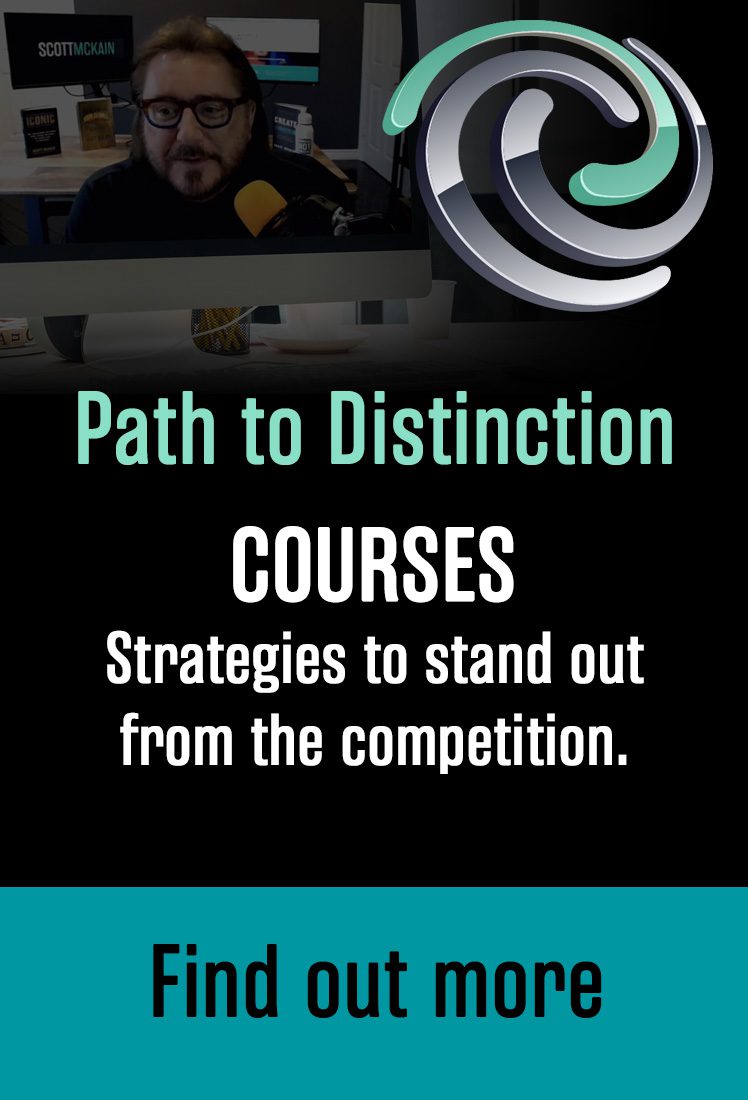I know I’m part of what evidently must be a tiny fraction of the United States population. I have never watched a single moment of “Game of Thrones.”
That’s hard for me to admit. I love watching all of the “hot” televisions shows – and, as a former movie critic, I spent years seeing movies well before they were released to the general public. However, for some reason, “GoT” never captured me.
As fans of the show started posting with vigor on social media, “NO SPOILERS” until HBO airs the final episode this weekend, it made me wonder: Does spoiling the ending ruin the story for most people?
Lately, I’ve been doing a lot more work helping professionals in many fields – especially financial services – in crafting more compelling narratives that help them connect at a deeper level with their clients. If a friend refers a prospective customer to your business – and tells them the story of your business before you’ve had the chance to relate it – should you go ahead and present your story anyway?
In other words, would it soil the impact of their story if the ending was spoiled before your telling?
Interestingly, research from Jonathan Leavitt and Nicholas Christenfeld of the University of California, San Diego says it does exactly the opposite.
“Writers use their artistry to make stories interesting, to engage readers, and to surprise them, but we found that giving away these surprises makes readers like stories better,” they write. (Emphasis mine.)
One of their interesting conclusions is that the authors of any story – for example, you in relating a narrative about your products and services – should try to keep the ending a secret. In this way, people who are unfamiliar with your story…and those who like surprises…don’t have the conclusions revealed.
However, you should not spend your time worrying about whether anyone else is spoiling it as they re-tell your story.
The UCSD researches state that, “spoilers may allow (the audience) to organize developments, anticipate the implications of events, and resolve ambiguities that occur in the course” of reading or hearing the story.
Maybe the producers of HBO shouldn’t care so much about anyone learning how “Game of Thrones” concludes.
And, there’s no doubt that all of us in business should be happy when people love our story so much, they want to re-tell it to others – even when it may spoil our thrilling, successful conclusion.
(By the way – are you telling your story to customers? It’s one of the Four Cornerstones of Distinction found in my books, Create Distinction and Iconic.)



